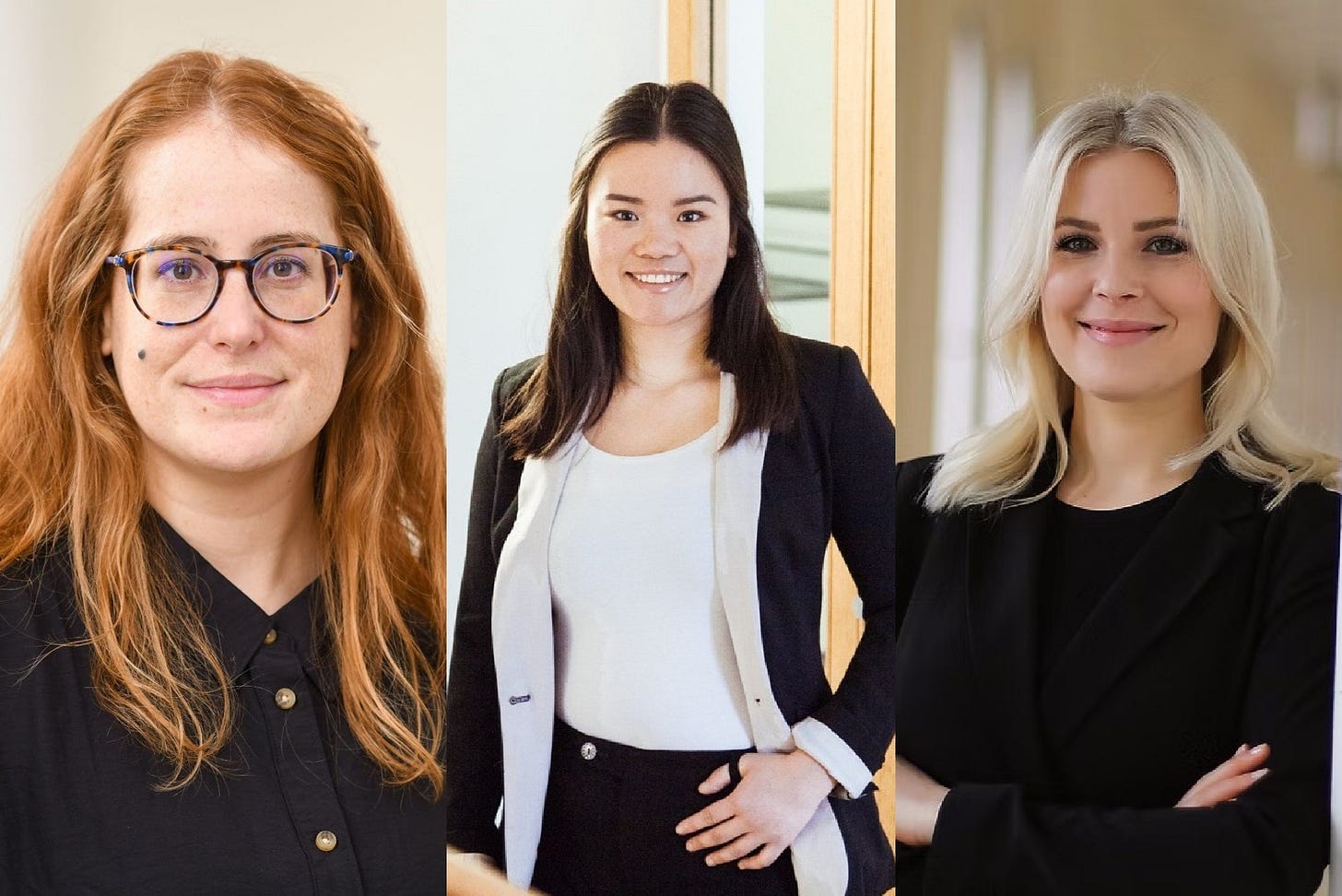How Public Recognition Drives Employee-to-Employee Support in the Workplace
Castro, Ho & Mickeler: "Cooperation in the Workplace" CRC Discussion Paper No. 531
Getting staff members to work together is a tough puzzle for companies. A lot of the most valuable expertise within a firm — that unspoken know-how — is often only shared when co-workers help each other out. Yet, a lot of standard employment contracts focus on rewarding individual output that’s easy to measure, meaning helpful actions like mentoring often get ignored.
Researchers Silvia Castro (LMU Munich, Project B05), Hoa Ho (LMU Munich), and Maren Mickeler (ESSEC) tackled this challenge by testing a low-cost solution in a large bank in Uganda. They ran a careful, controlled study across 78 bank offices. The intervention was simple: a public recognition award called the “Most Supportive Employee,” determined by ratings from both colleagues and supervisors.
This recognition had a powerful and lasting effect. The award made employees significantly more willing to help. Employees in the award offices were 21% more likely to share their professional knowledge just two months after the announcement. Their willingness to sign up for peer mentoring also increased by 12%. This helpful attitude didn’t vanish; six months later, participation in another expert sharing task remained 25% higher. Furthermore, the intervention lead to an increase in productivity of junior stuff in the treated branches.
The study revealed the real drivers behind this shift. When the decision to help was kept entirely private, the award didn’t change whether people helped or not. This suggests the award did not increase the employees’ intrinsic desire to help. Instead, the changes were driven by external factors. When colleagues could see who was helping, cooperation rose by 15%, meaning people cared about their reputation among peers. The biggest impact (a 30% jump) occurred when managers were aware of the help provided, showing that the award signaled cooperation was valued and played into employees’ career ambitions. These findings were confirmed by a repeat study in a different bank, which saw a consistent 13% rise in willingness to help.


